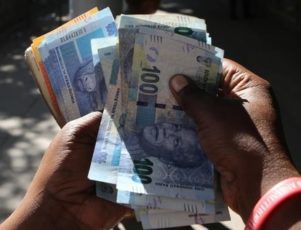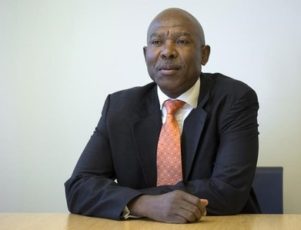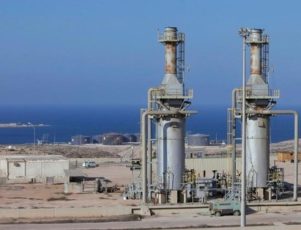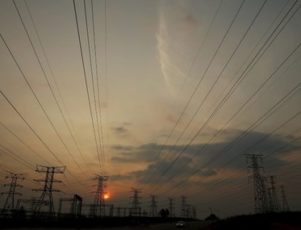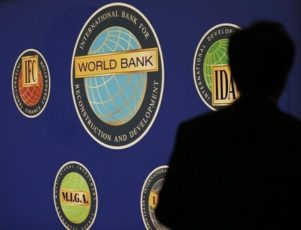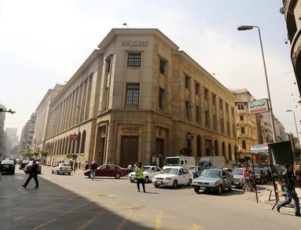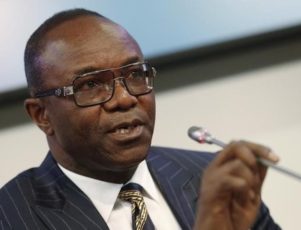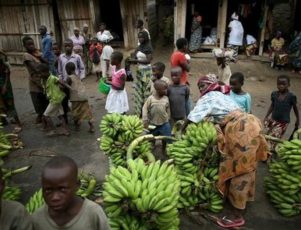JOHANNESBURG (Reuters) – South Africa’s rand strengthened early on Monday after the police said they had no plans to arrest Finance Minister Pravin Gordhan over his role in the formation of a surveillance unit within the revenue service.
At 0700 GMT the rand had edged 0.2 percent firmer to 15.6050 per dollar.
Bonds were also firmer in early trade, with the yield on the benchmark government issue due in 2026 cutting 6 basis points to 9.33 percent.
The elite Hawks police unit told Reuters it had no plans to arrest Gordhan as part of an investigation into a surveillance unit set up by the revenue service during his time in charge. Gordhan headed the tax agency between 1999 to 2009.
Numerous political upheavals since President Jacob Zuma’s shock sacking of then Finance Minister Nhlanhla Nene in December have seen the rand suffer.
Traders said the rand would benefit if political tensions around the finance minister eased.
“The rand has rebounded somewhat since hitting all-time lows in thin liquidity during mid-January, aided by hawkish action from the SARB (South African Reserve Bank) and generally calmer emerging markets,” analysts at NKC Africa Economics said in a note.
“However, further gains will be difficult given the heightened political risk environment.”
The rand has gained more than 1.5 percent against the greenback since slipping to a new one-month low after last weeks decision by the central bank to keep lending rates unchanged at 7 percent.
Stocks opened weaker, with the benchmark Top-40 index shedding 0.38 percent to 46,356 points by 0708 GMT.
(Reporting by Mfuneko Toyana and TJ Strydom; Editing by James Macharia)

